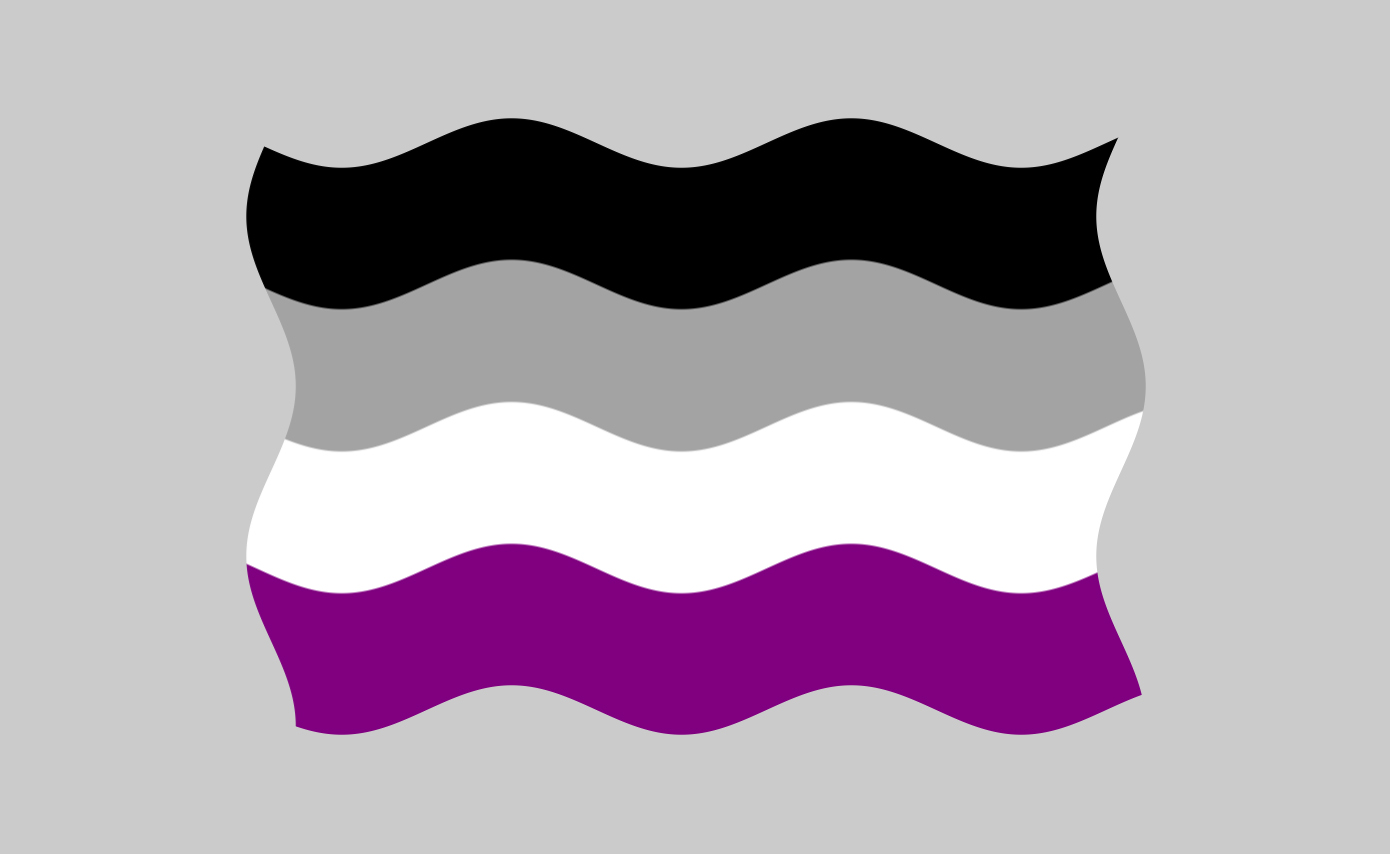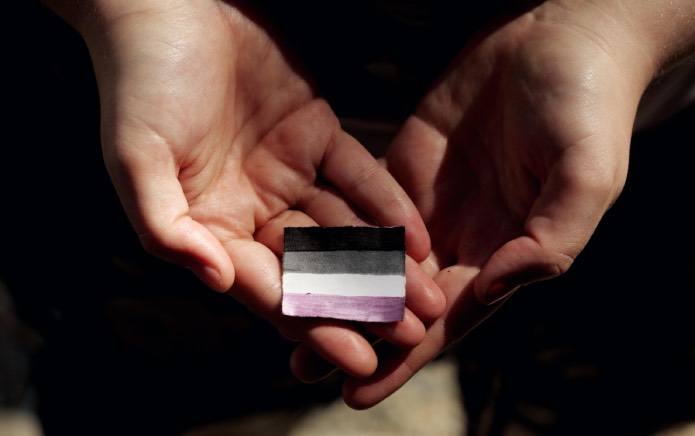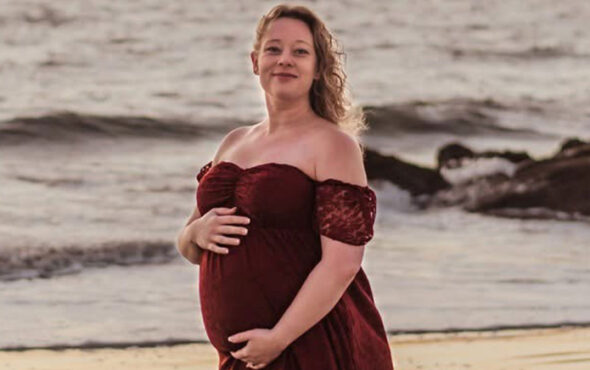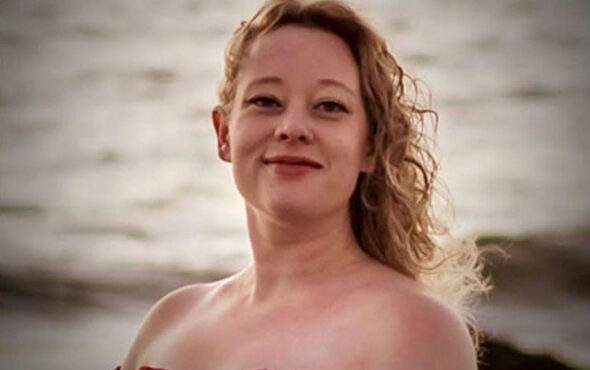
Ever since the moment I first learned about asexuality as a young adult, it has just made sense to me. I had always felt different to my peers when it came to attraction, sexuality and identity, so it was pretty magical to find the term that explained everything I was experiencing.
While discovering the concept of asexuality was transformative in understanding myself, engaging with asexual communities and continuing to learn has also taught me so much about the world around me. This Ace Week, I would urge allosexual (people who are not asexual) to reflect on what they can learn from ace perspectives, too.
One subject I’ve struggled with throughout the process of learning more about myself is physical touch and affection. I used to be terrified of physical contact with friends, avoiding hugs or even sitting too close to people, just because I worried it would give the wrong impression.
There are certain types of physical touch – notably hand holding and hugs “lasting too long” – that have romantic connotations within society. But should we all be reassessing this norm? Touch can be an amazing way to show affection, and as someone who is asexual and aromantic, I was denying myself this type of closeness with friends because people who felt romantic and sexual attraction had claimed these actions for themselves, even unconsciously.
Asexuality and the asexual community taught me that physical intimacy shouldn’t be restricted to one type of relationship, and I think this is something that allosexual people can benefit from reflecting on too. There is no one correct way to be physically intimate based on the type of relationship either. Importantly for me, it gave me the tools I needed to have a sit-down conversation with my best friend about introducing hugs and physical affection into our friendship. That conversation brought us closer. It also meant we’d talked about what made each of us feel good, took away any second guessing or crossing of boundaries. I just wish I was able to have similar conversations with friends back when we were in school.

As a Just Like Us ambassador, I get the wonderful opportunity to go into schools and tell my story during our school talks. I get to share what it was like to grow up asexual and some of the things that would have helped me to know at that age. One of the huge ones is that I wish I had been told that it is OK to opt out of relationship culture; that not everyone feels sexual and romantic attraction and that doesn’t make you broken.
There was a point during secondary school when friendships were no longer enough for most of my peers; when suddenly everyone’s attention moved to dating and who had kissed who, with an expectation that everyone would participate.
When it comes to experiencing attraction and exploring sexuality in teenage years, those of us who are asexual and/or aromantic can feel left behind. We can be made to feel immature, and be treated as such. We can feel pressured to participate in something we don’t want to, or face being left out if we don’t. I got to the point where I was completely OK with having never kissed someone or gone on a date, but it was a journey to get there.
But this doesn’t just affect asexual people; it harms any teenager, young adult or adult, for that matter, who simply does not want to engage in certain behaviours. Regardless of sexuality, it’s important for all of us to examine how we relate to expectations from those around us. It also reminds us that these pressures start at an early age, for all of us.
During Ace Week, we raise awareness of what it’s like being on the aroace spectrum, that it’s something to be embraced and affirmed. But the perspectives and experiences of the ace community also teach us about the conversations we should all be having, with ourselves and with those around us.
Sarah is an ambassador for Just Like Us, the LGBT+ young people’s charity. 18 to 25 and LGBT+? Sign up now to hear about their next training event!

